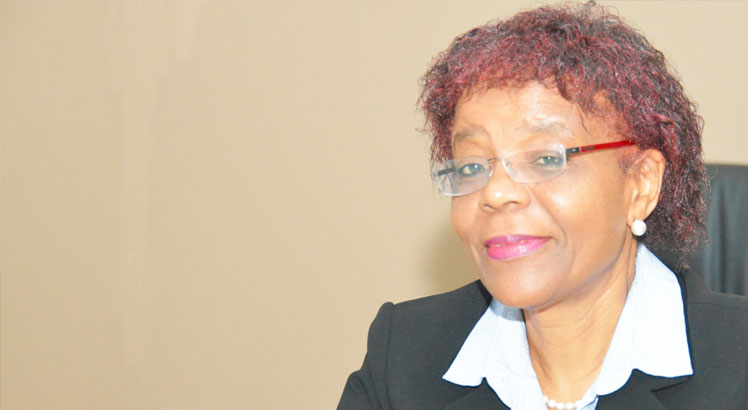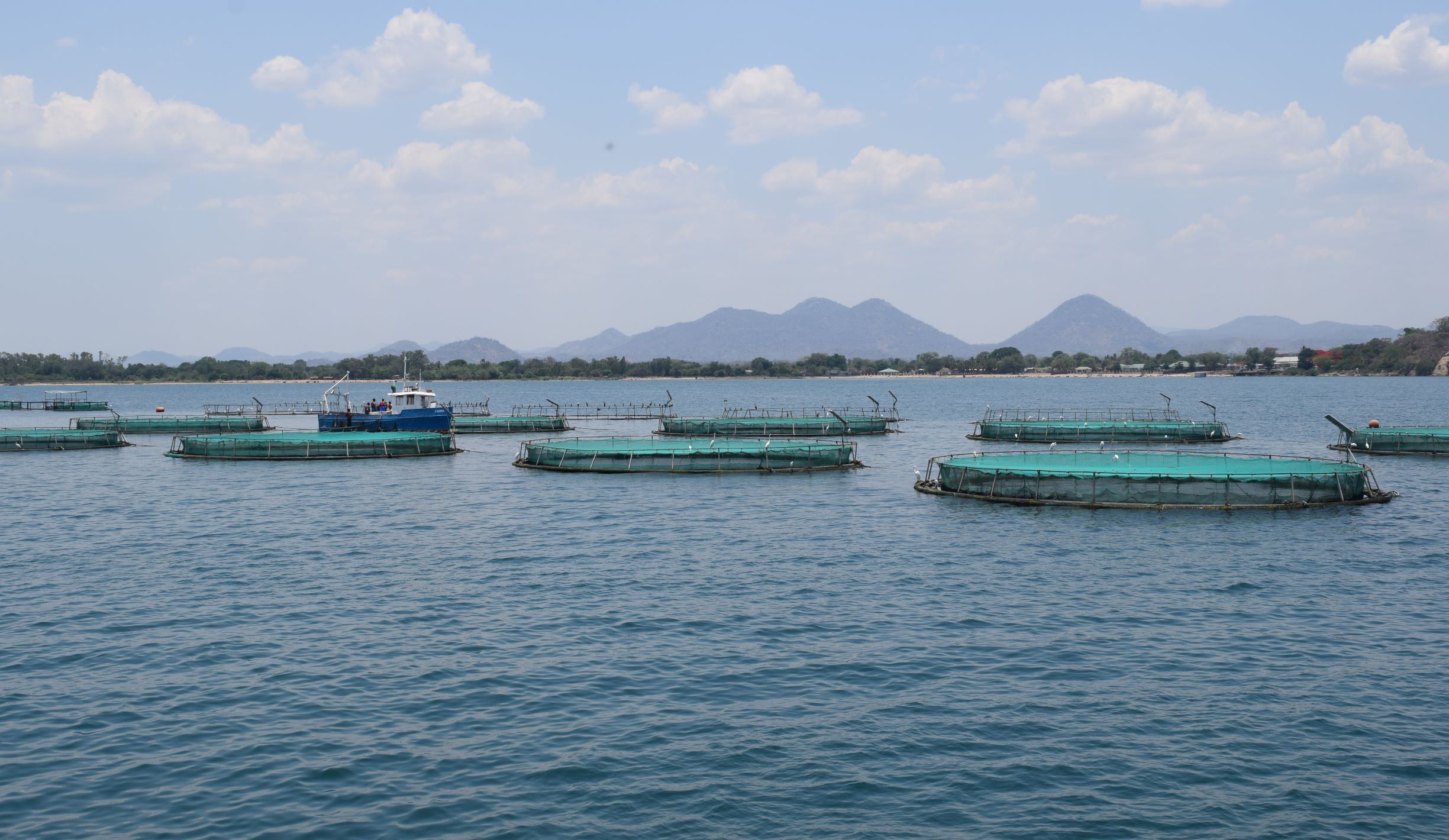Public debt worries Catholic’s Centre for Social Concern
Centre for Social Concern (CfSC) has expressed discontent at the soaring public debt currently at about K7 trillion, warning it threatens to plunge the country into economic turmoil and citizens into deep poverty.
The warning is contained in a statement issued at a press conference in Lilongwe seemingly in response to government pronouncements on the public debt’s situation.
In September last year the Minister of Finance and Economic Affairs Sosten Gwengwe disclosed that the country’s debt had jumped to K7.38 trillion.

Titled Malawi’s indebtedness: a cause of suffering and impediment to development of our beloved country, the statement warned that the debts will strip the government of its power to support essential services.
“Excessive borrowing by the government has undesirable effects. Since the cost of servicing debt accounts for a large part of government revenue in Malawi, the scope for spending on desirable areas such as health, education, infrastructure is correspondingly diminished,” said the statement as read out by CfSC director Father James Ngahy.
The organisation has since recommended enforcement of austerity measures, rooting out corruption and that borrowed resources should be prioritised on investments.
“A report that was produced by the Centre for Social Concern in 2018, revealed that Malawi is mostly borrowing to consume and not to invest.
“The situation has not changed until today. We cannot move out of poverty if we are mostly borrowing for consumption,” he said.
CfSC further calls for “political will through action not mere talk in controlling public debt.”
Gwengwe has been saying he would deal with the public debt through debt treatment, budget optimisation and grant mobilisation.
On these measures, the statement said: “Let us move away from rhetoric to action. Malawians want to see action on these issues.”
The CfSC reaction comes as Gwengwe recently stated that the country will continue to borrow resources to at least six percent of the gross domestic product (GDP) to finance the budget as they work on coming up with a lean 2023/24 budget.
Said Gwengwe as quoted in our sister paper Weekend Nation: “We are running a budget that carries with it some deficits. The previous year it was hovering around eight percent, in this year we dropped down to seven percent and our plan is to be able to reduce as a percentage point of our deficit to GDP by one percent every year.”





